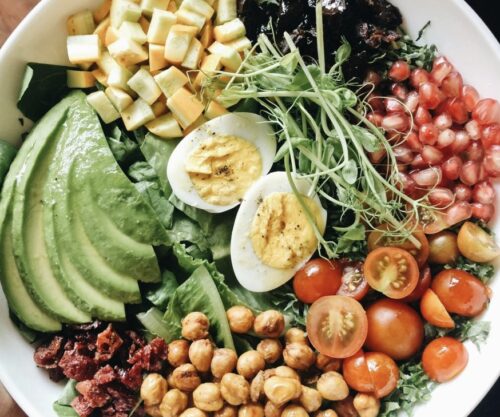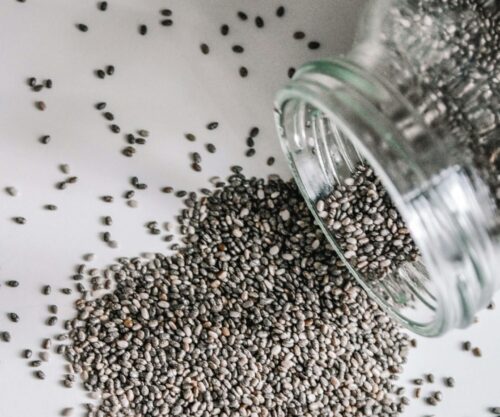
Watermelon seeds may often be discarded when we indulge in the sweet and juicy goodness of the watermelon fruit. What many of us are not aware of is that, the small looking watermelon seeds are filled with plenty of nutritional benefits.
Even though all watermelon seeds are consumable, different types serve different purposes. Well and Good states that the black, hard variety you might be most familiar with is best eaten roasted and salted, similar to a pumpkin seed, whereas some less common heirloom varieties are actually grown for their seeds, not their flesh. Their softer, whiter seeds are perfect for making into flours and seed butters.
Below are five health benefits of watermelon seeds as provided by eMediHealth.
- Watermelon seeds are a rich source of magnesium, a vitamin that has a wide variety of beneficial effects throughout the human body, from the brain to the heart.
- Magnesium has been shown to have beneficial effects on anxiety, and because watermelon seeds contain a large amount of magnesium, they may be able to help fight stress and depression.
- They are a great source of manganese, phosphorus, potassium, protein, folate, essential fatty acids, iron, and zinc.
- Due to their high mineral, protein, and essential fatty acid content, watermelon seeds are great for hair and skin health. While watermelon seeds do contain fats, the fatty acids are unsaturated and considered the “good fats” with numerous health benefits.
- Watermelon seeds contain a lot of fibre, which can help in achieving a sense of fullness without consuming large amounts.
Also see: 5 Health benefits of mango seeds




